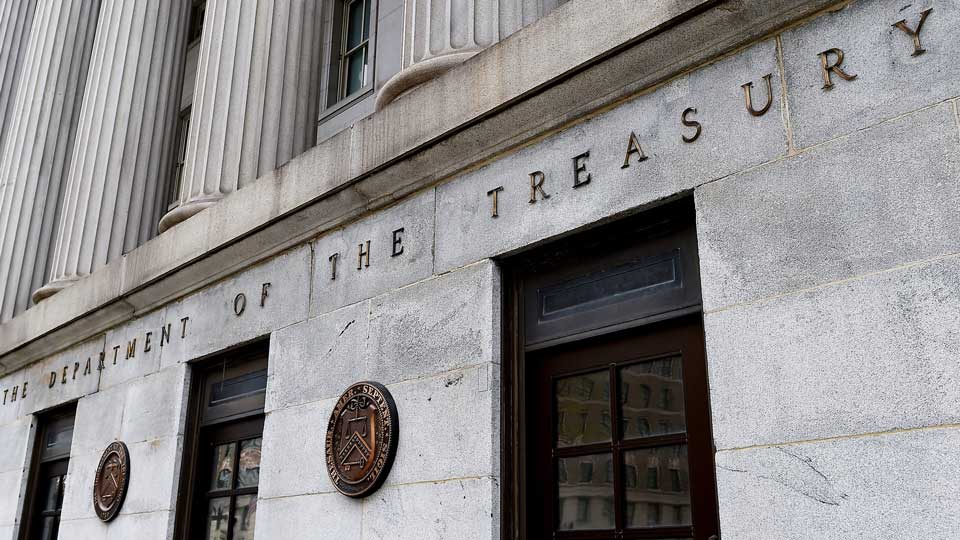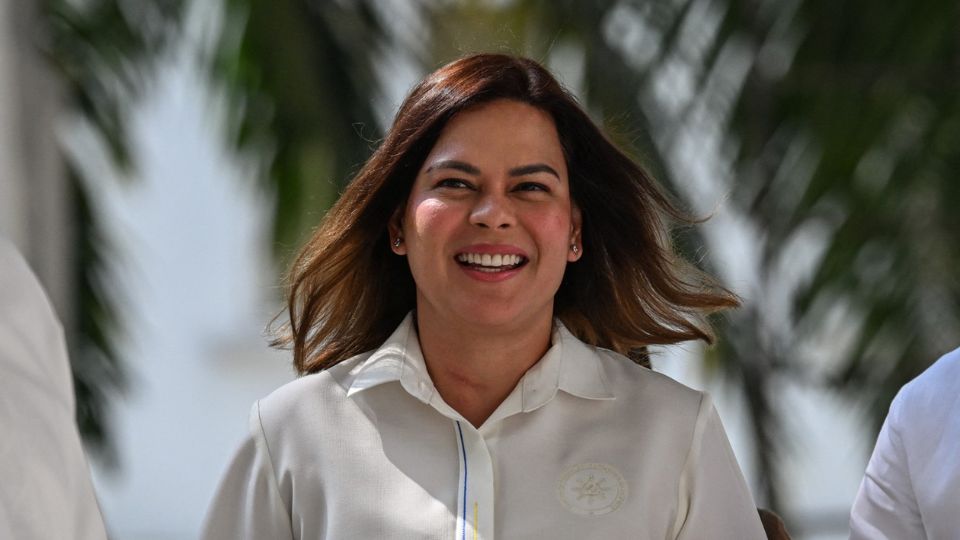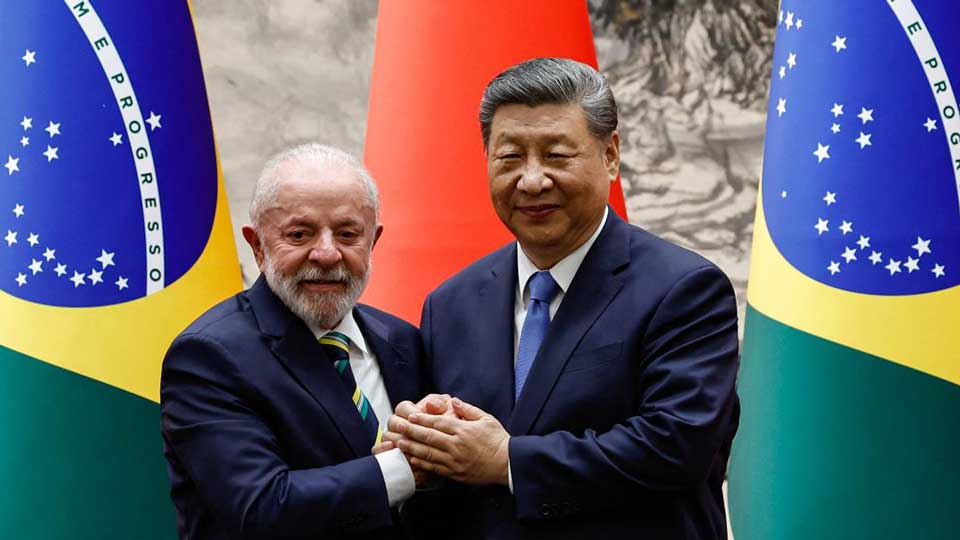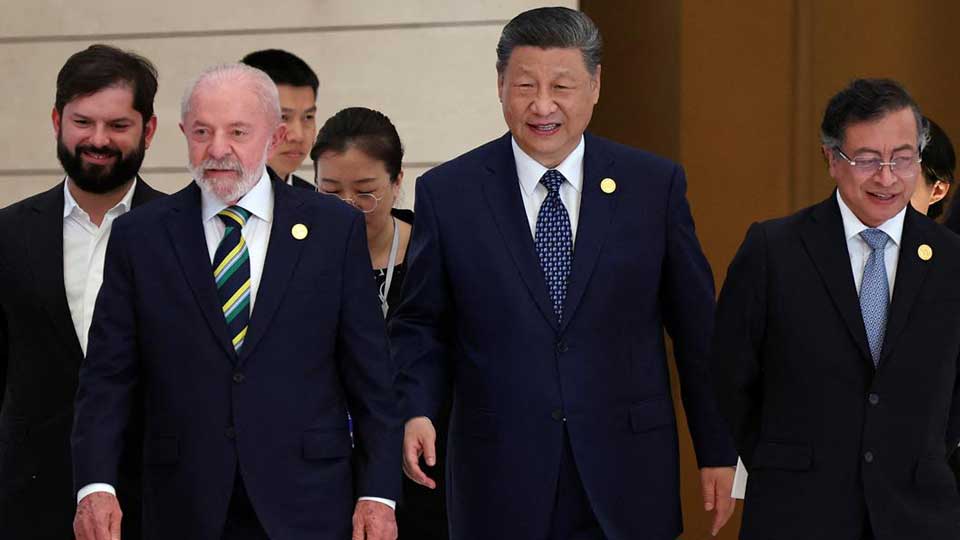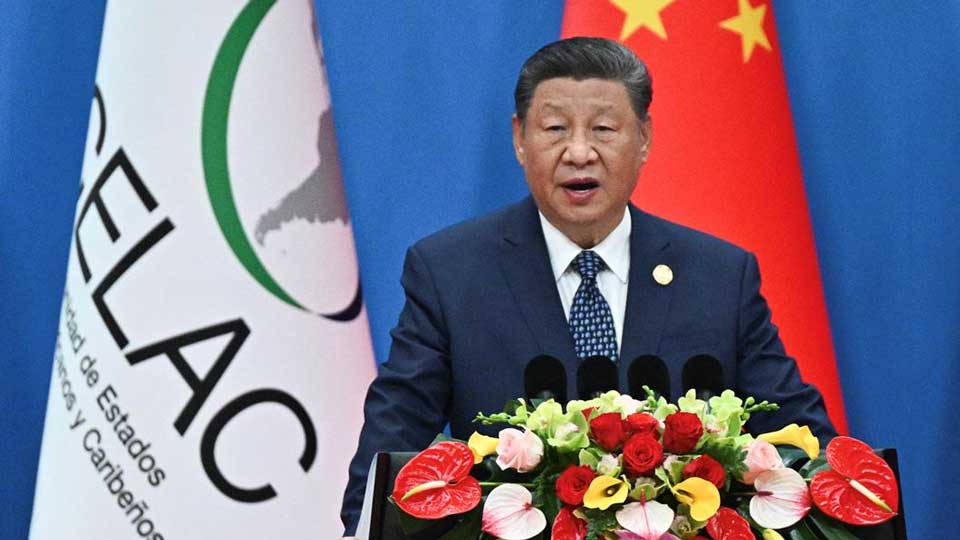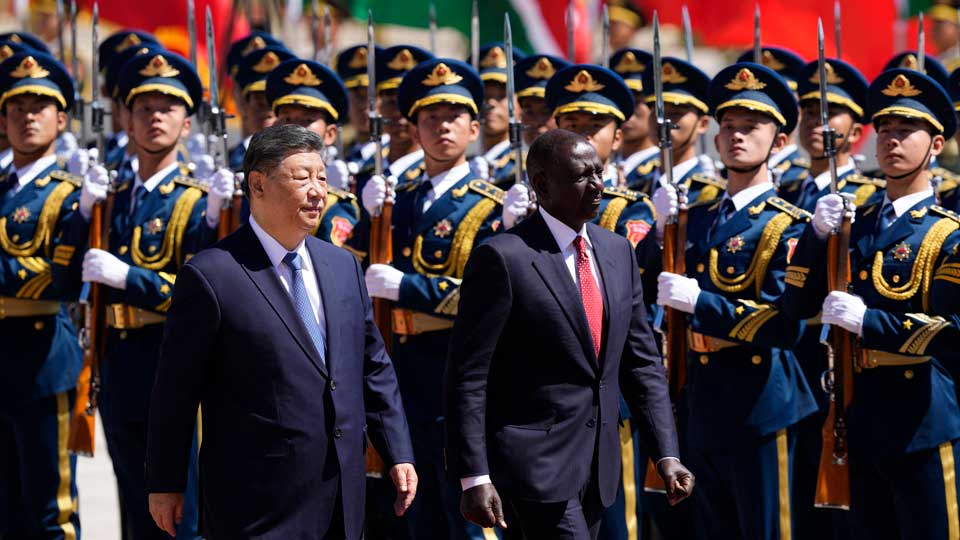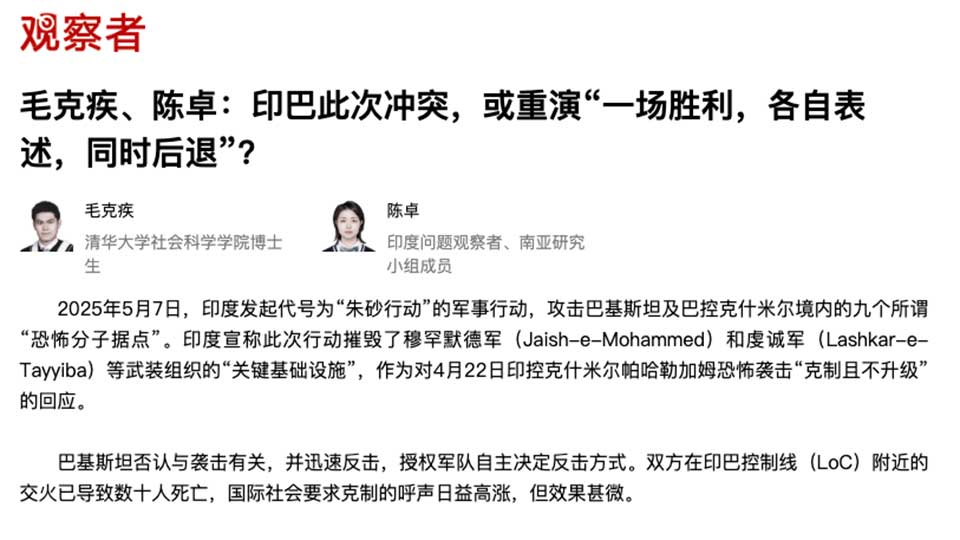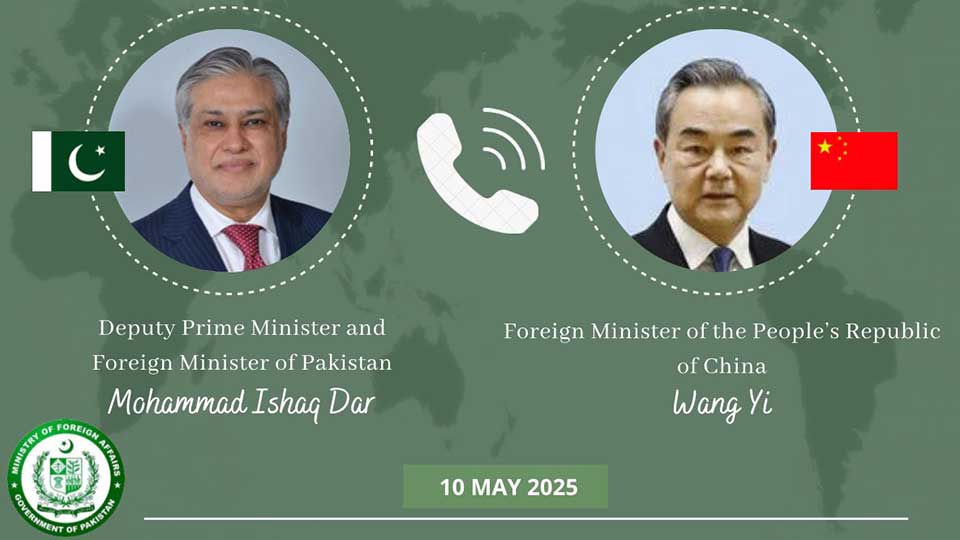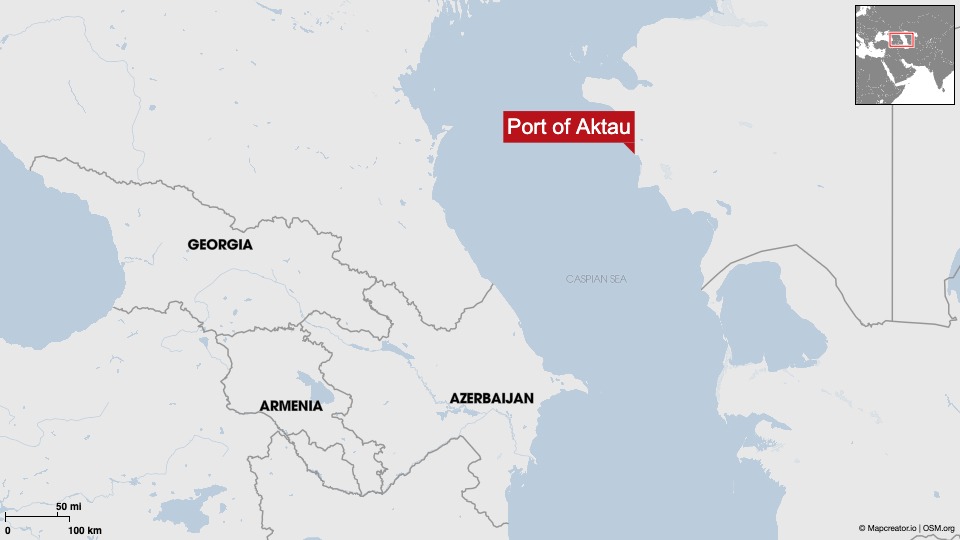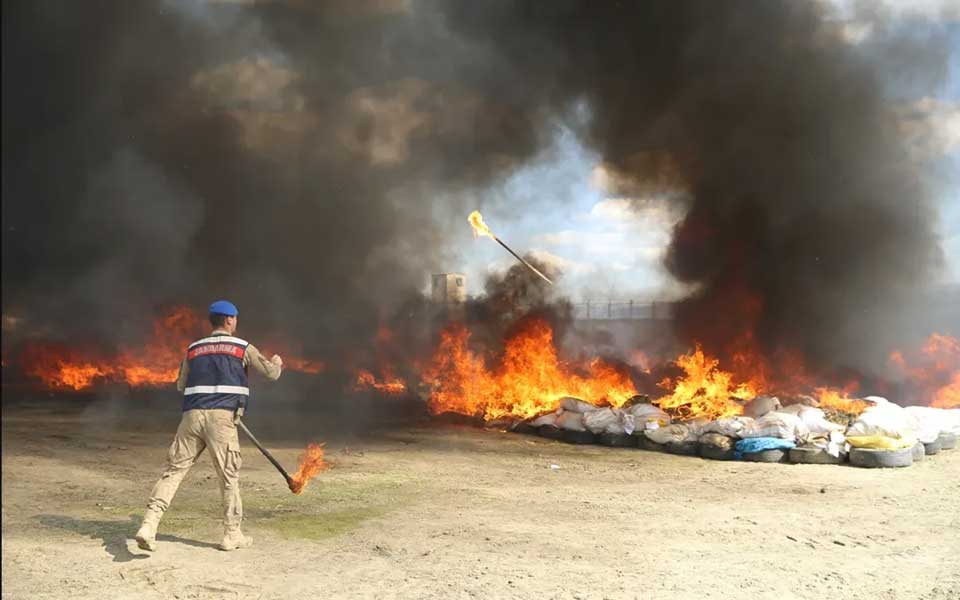By Julien Girault and Hieun Shin
Trade ministers from the top economies that make up the Asia-Pacific Economic Cooperation, or APEC, began a two-day meeting in South Korea's Jeju island on Thursday, as trade cooperation falters globally.
US President Donald Trump's tariffs and trade war with China has shaken the export-dependent Asia-Pacific region, and countries were vying to meet the U.S. representative for trade talks on the sidelines of the summit.
What is APEC?
The 21-member APEC group includes Australia, Indonesia, Vietnam, China, Russia, Japan, the United States, Canada, Mexico and Chile.
Established in 1989, it aims to promote regional integration and economic cooperation.
APEC members account for around 37 percent of the global population, 60 percent of the world's GDP and nearly half of global trade.
But it has been unable to exert meaningful political influence in the face of Trump's tariffs, which have hit Asian economies hard.
"APEC has always struggled to show relevance," said Deborah Elms, a trade analyst at the Hinrich Foundation, describing the group as an incubator for "non-binding ideas".
Does It Matter?
"Growing uncertainties are placing a strain on the global economy and trade landscape," said South Korea's Trade Minister Cheong In-kyo in his opening speech.
Experts say that now is the moment for the group to prove its worth, as trade tensions escalate along with increasing tariff disputes.
"The APEC has never been more important," said Christopher Findlay, an honorary public policy professor at the Australian National University.
In the face of Trump's tariffs, "APEC's role in articulating the continuing relevance of economic integration -- and how to get there -- is more important than ever," he added.
What's Happening to Regional Trade?
Asian nations are "increasingly tied to China, both from a final demand perspective and via integrated supply chains", even as companies relocate to countries like Vietnam to avoid US tariffs, Katrina Ell, an economist at Moody's Analytics, told AFP.
Yet the "US still remains a critical and large final destination for goods... making (Asian countries) vulnerable to the chaotic US trade policy because it relies on demand from the US consumer," she said.
The organisation's experts now expect a meager 0.4 percent growth in exports for the Asia-Pacific region this year, a sharp slowdown from the 5.7 percent surge in 2024.
Despite their varied economic strengths and development levels, experts say that APEC members share a common interest in defending free trade.
What Can Jeju Offer?
"I hope today's meeting will lay a solid foundation for dialogue and collaboration to overcome the political and economic challenges as well as uncertainties that we encounter," said South Korea's minister Cheong.
The Trump administration's protectionist moves are "an important stimulant for bilateral and multilateral negotiations outside of the US", added Moody's economist Ell.
"Economies outside of the US have been scrambling to cement closer ties with each other, recognising that the benefits of free trade have not been forgotten."
However, she warned that Asian consumption, even if growing, "cannot completely replace US demand".
What About the United States?
It is one of US Trade Representative Greer's first international trips since taking office, and the Jeju meeting is likely to be "a critical platform for tariff negotiations beyond APEC", Korean officials have said.
APEC trade ministers were hurrying to meet Greer as he entered the opening ceremony, AFP reporters saw.
Kim Dae-jong, a professor at Sejong University, told AFP that "numerous negotiations could take place", particularly between South Korean and US officials.
South Korean government officials told AFP that industry minister Ahn Duk-geun is expected to meet Greer on Friday.
Will There be Trade Deals? -
Even a series of bilateral tariff talks between the United States and its partners would be significant, experts say.
Greer met Chinese international trade representative Li Chenggang on Thursday on the sidelines of the summit, according to South Korean officials, who did not provide further details.
But agreements on broader cooperation within APEC may be hindered not just by Trump's trade war, but by other ongoing tensions between the United States and China, as well as Russia.
"I don't think the meeting will produce a clear outcome," warned Kim Yong-jin, a professor at Sogang University.
It is more likely to result in "in a general message of cooperation" without substantive deals.
Even agreeing on the rules of the game would be a step forward.
"The important thing is for ministers to agree on a rational approach," said Kim. "But the United States seems focused solely on the trade deficit."



